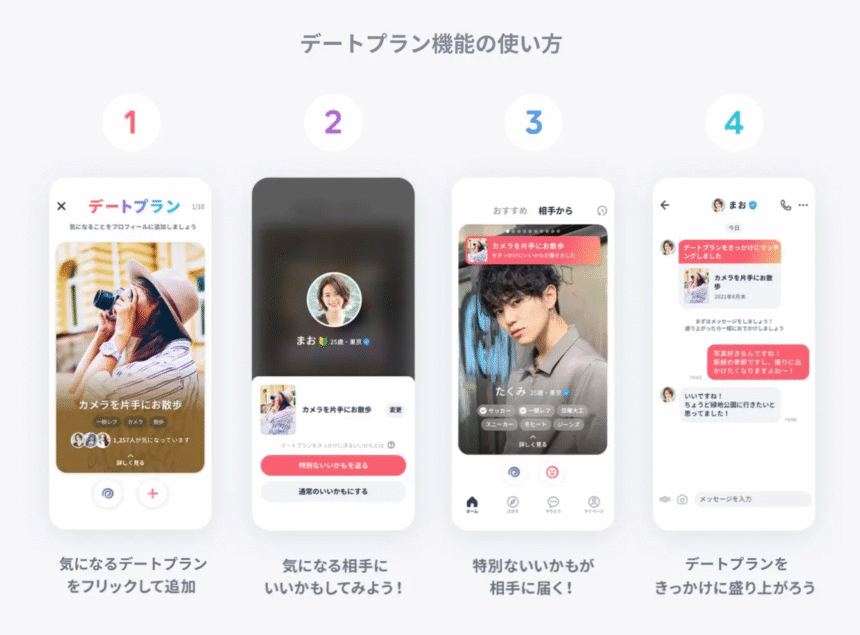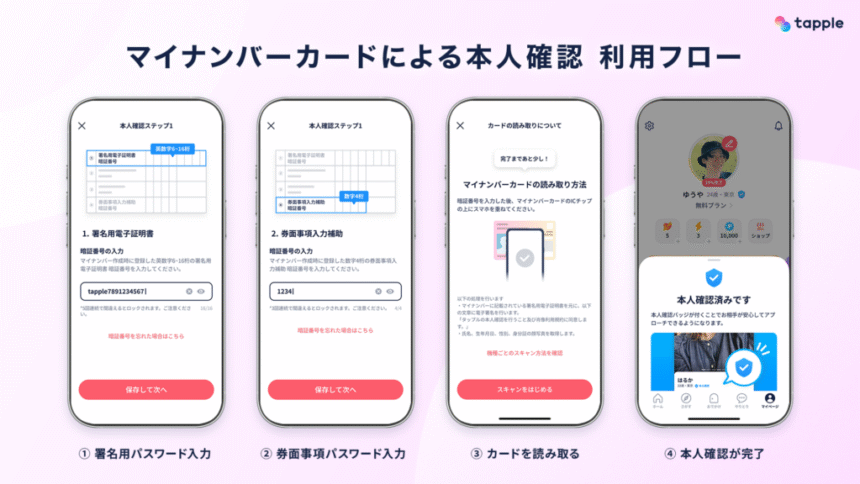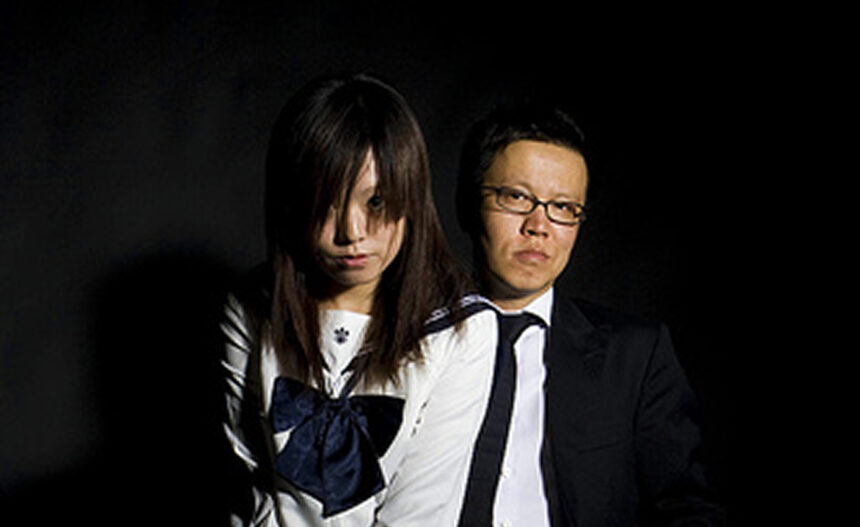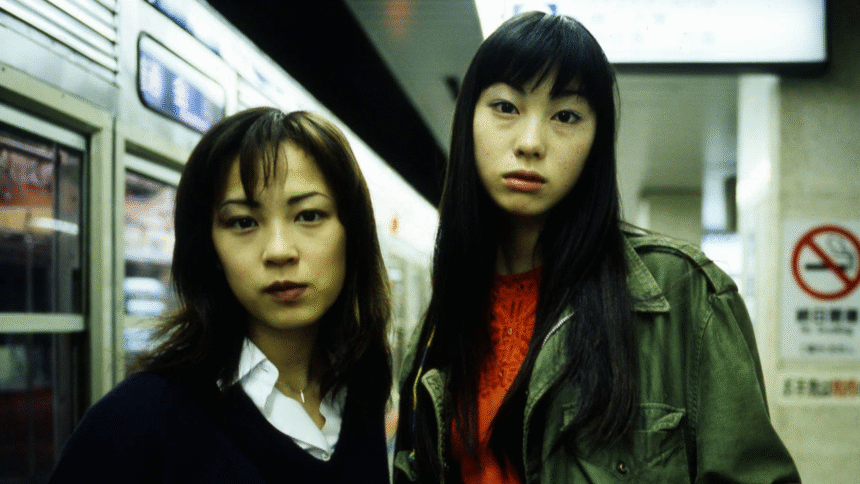Dating in Japan Guides
Kokuhaku: The Confession Culture Behind Japan’s Approach to Love
Dating in Japan is much like anything else in Japan: there are a number of commonalities with courting…
PDA in Japan: Understanding Public Displays of Affection in Japanese Culture
Public displays of affection (PDA) in Japan can be confusing for foreigners. While holding hands or hugging may…
Tapple Dating App: How Japan’s Favorite Swipe App Keeps Dating Fun
As anyone who has tried using dating apps in Japan will know, there are many similarities between apps…
Enjo Kosai: Understanding Japan’s Controversial “Compensated Dating” Culture
Enjo kosai (援助交際), often translated as “compensated dating,” remains one of Japan’s most hotly-debated social phenomena. While often…













